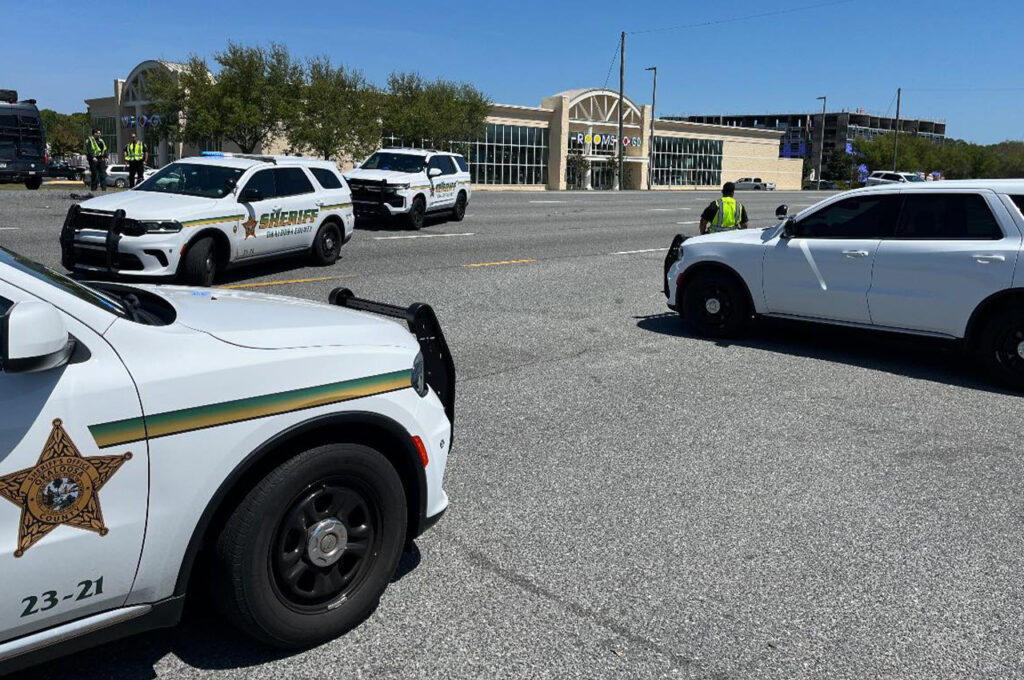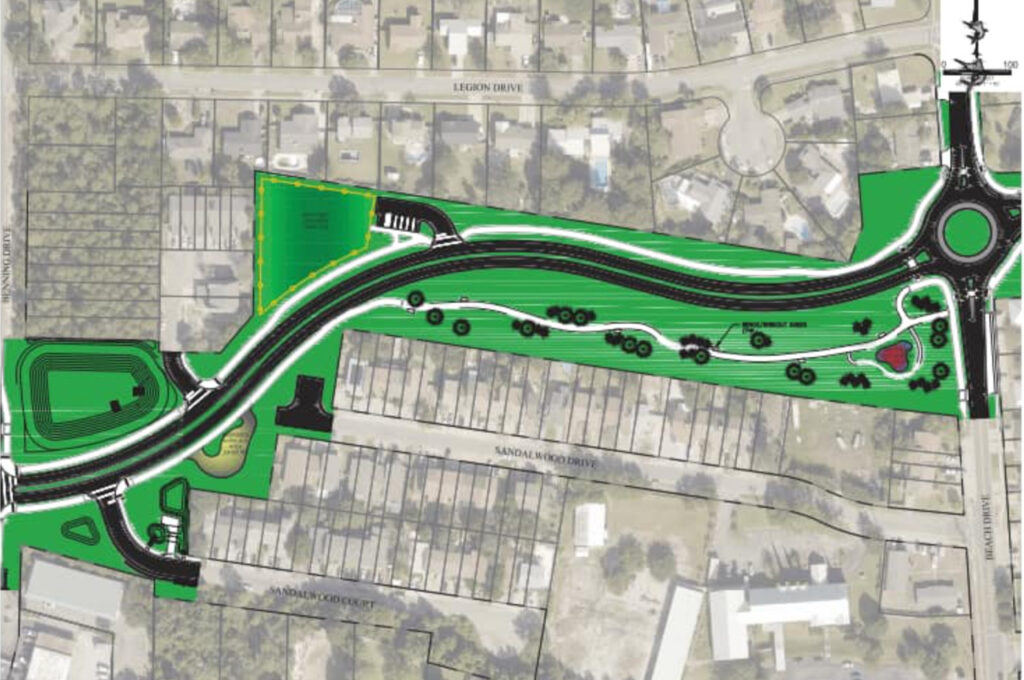The City of Destin has released a comprehensive fact sheet to address recent misunderstandings about its speed study program.
- The document aims to clarify the purpose and methods of these studies, which have been the subject of misinformation on social media platforms, with some residents expressing concerns about privacy.
According to the fact sheet, speed studies help identify areas where vehicles are exceeding the speed limit or where traffic calming solutions may be necessary to improve safety for drivers, pedestrians, and cyclists. The city regularly conducts these studies in specific areas shown on a detailed map included in the document.
“Speed Studies help identify areas where vehicles are exceeding the speed limit or where traffic calming solutions may be needed to enhance safety for drivers, pedestrians, and cyclists,” the fact sheet states, underlining the program’s primary focus on public safety.
The document emphasizes that the collected data is used to assess traffic conditions and ensure that speed limits are appropriate for safety, traffic flow, and community needs. It also notes that the city conducts targeted speed studies in other areas as part of the assessment required under the Speed Hump Program when homeowners petition for speed bumps or other traffic calming devices in their neighborhood.
To address concerns about data collection methods, the fact sheet provides a detailed explanation of the technology used. The studies employ a Traffic Data Collector, which uses the “Doppler Effect” to measure vehicle speeds. This device emits high-frequency, low-power radar waves that reflect off vehicle surfaces to determine speed and direction.
- The city stresses that these devices do not have cameras and exclusively record data from vehicle-sized moving objects, addressing privacy concerns.
“The collected data provides insight into traffic patterns, informing decisions for speed regulation and roadway improvements,” the fact sheet states. It also emphasizes that the data contains no personal identifying information on drivers, pedestrians, or the surrounding area.
The document outlines the criteria for implementing traffic calming measures. If the data indicates that the 85th percentile speed in a given area is 11 MPH or above the posted speed limit, traffic calming measures may be considered if deemed appropriate and necessary to ensure public safety.
The city has also made significant efforts to ensure transparency in this process. All data collected from these studies is made publicly available on the City of Destin website. The fact sheet includes QR codes linking to more information about the Speed Hump Program and the data collected from completed Speed Studies.
Residents seeking more information about the City’s Speed Study Program are encouraged to call (850) 654-1119 Option 2 or email the City’s Engineering Division at Engineering@cityofdestin.com. The city emphasizes that this outreach is part of its commitment to transparency and public awareness regarding traffic safety initiatives.




